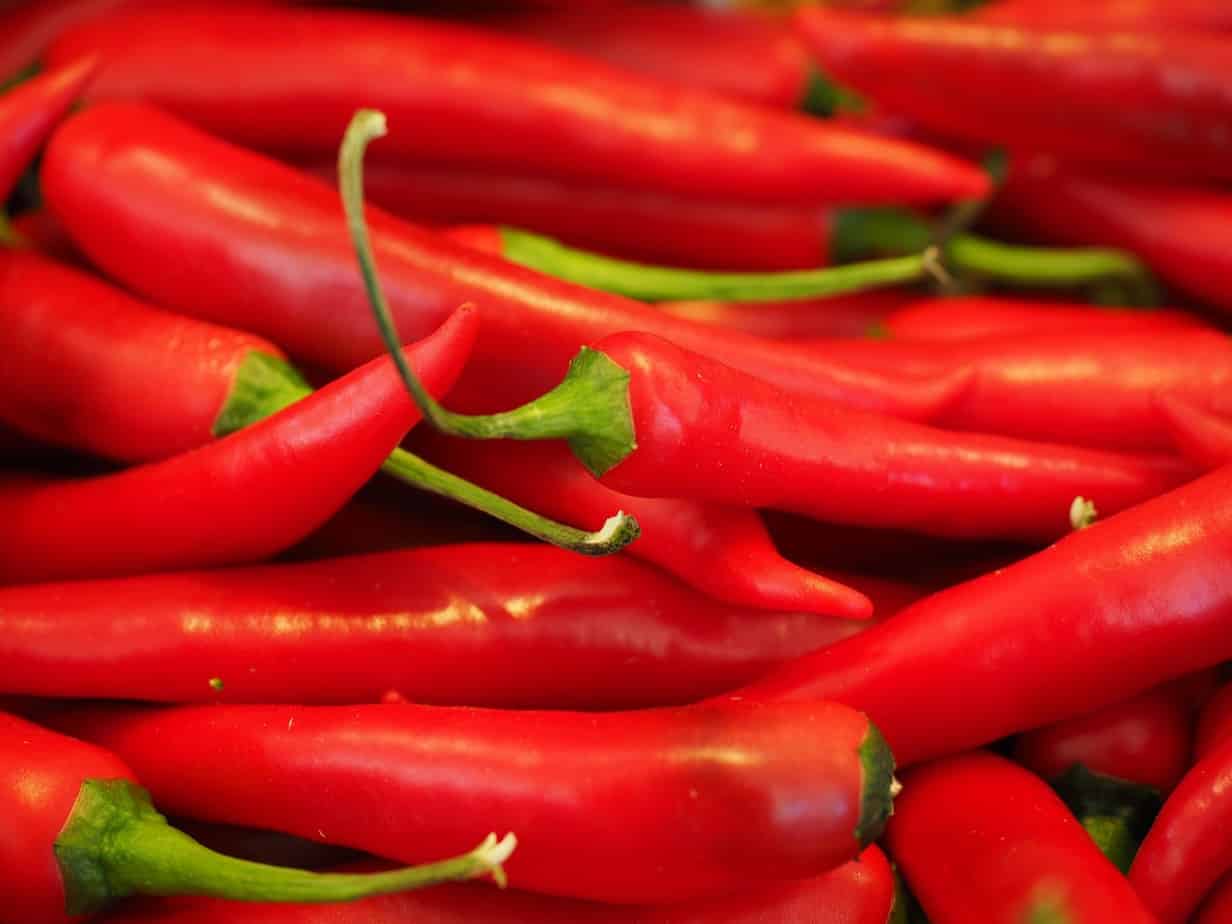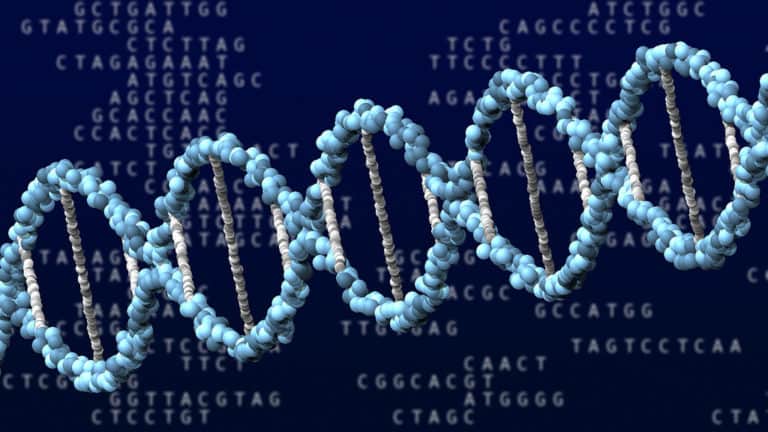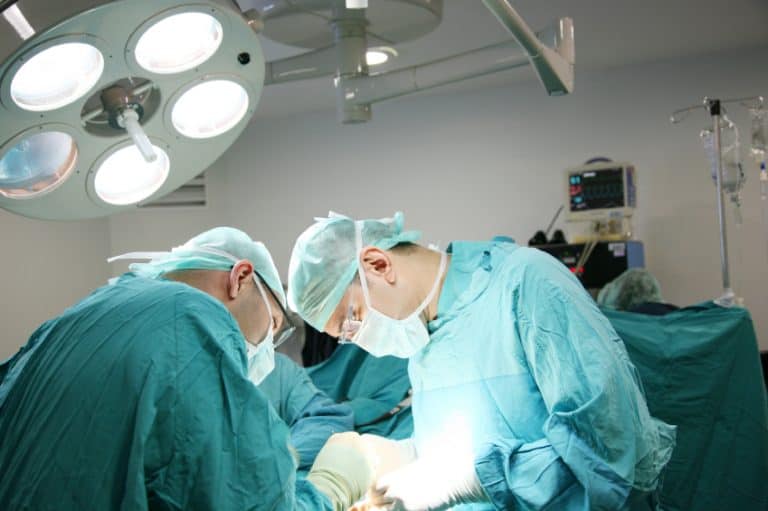To reduce your risk for developing prostate diseases, including prostate cancer, you should include nutrients and supplements in your lifestyle that have been shown in clinical studies to help protect against them.
Here are six natural cancer killers to make a part of your diet as much as possible:
1. Cayenne (capsaicin)
Scientists have found that capsaicin, which is a key compound found in chili peppers, slowed growth of prostate cancer cells and encouraged them to “commit suicide.”
2. Vegetables
Research suggests that cruciferous vegetables, which include broccoli, cauliflower, Brussel sprouts, kale, and cabbage, among others, are associated with a reduced risk of cancer, including prostate cancer. Cruciferous vegetables are rich in sulfur-containing substances called glucosinolates, which break down during chewing and digestion and form active compounds such as iindole-3-carbinol and sulforaphane, which have anticancer properties.
3. Lycopene (tomatoes)
Numerous studies show that the potent antioxidant lycopene has properties that enhance prostate health. One of the richest sources of lycopene are cooked (rather than raw) tomatoes. Some ways to enjoy cooked tomatoes include tomato paste, tomato soup, pasta sauce, and tomato juice. Other sources include watermelon and guava.
4. Mushrooms
There is increasing evidence that medicinal mushrooms have cancer-preventive properties, restricting tumor spread (metastasis) and demonstrating anti-tumor activity. Some of the more common medicinal mushrooms you should include in your diet regularly are chaga mushroom, maitake, oyster, reishi, and shiitake. They can be enjoyed raw or cooked and are also available in supplement form.
5. Turmeric/curcumin
Scientists have found that turmeric (curcumin) may be effective in the prevention and treatment of prostate cancer. A 2015 Italian review, for example, reported that “curcumin is able to exert anti-inflammatory…and antitumor activities, particularly against cancers of the liver, skin, pancreas, prostate, ovary, lung, and head neck.”
6. Vitamin D
Scientists have proposed that adequate exposure to sunlight or oral supplementation might provide a simple way to increase synthesis of vitamin D in the prostate and, therefore, decrease the risk of prostate cancer.
References
National Cancer Institute. Cruciferous vegetables and cancer prevention.
Perrone D et al. Biological and therapeutic activities, and anticancer properties of curcumin. Experimental and Therapeutic Medicine 2015 Nov; 10(5): 1615-23







